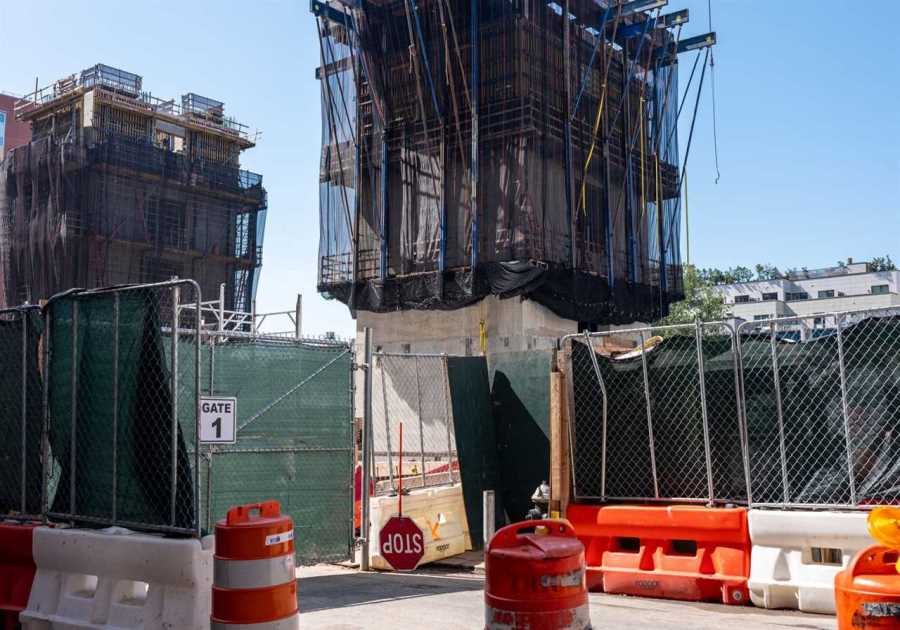REUTERS/Stringer
- Wagner Group mercenaries conducted a brief uprising against Russia's government over the weekend.
- The revolt was defused before reaching Moscow, but it's still seen as direct challenge to Putin.
- It comes as Russia's military is tied down in Ukraine and less able to respond to crises elsewhere.
The march on Moscow by Yevgeny Prigozhin and his Wagner Group mercenaries dissipated shortly after it began on Saturday, but the abortive uprising has raised new questions about Russian President Vladimir Putin's hold on power.
Those questions come as a Ukrainian offensive bears down on Russia's military, which since late last year has been replenishing its forces in Ukraine with aging equipment and under-trained personnel. These efforts have bolstered Russian units in Ukraine but left the Russian military more vulnerable elsewhere and undermined its ability to respond to other crises, experts say.
While there is little official information about Russian casualties in Ukraine, most estimates put them at tens of thousands of troops killed and thousands of armored vehicles, artillery pieces, and aircraft destroyed — losses that are concentrated among Russia's best soldiers and highest-quality equipment.
"The Russian army that started the war in 2022, it's basically not there anymore," Dara Massicot, an expert on the Russian military at the Rand Corporation think tank, said at an event hosted by Georgetown University in April.
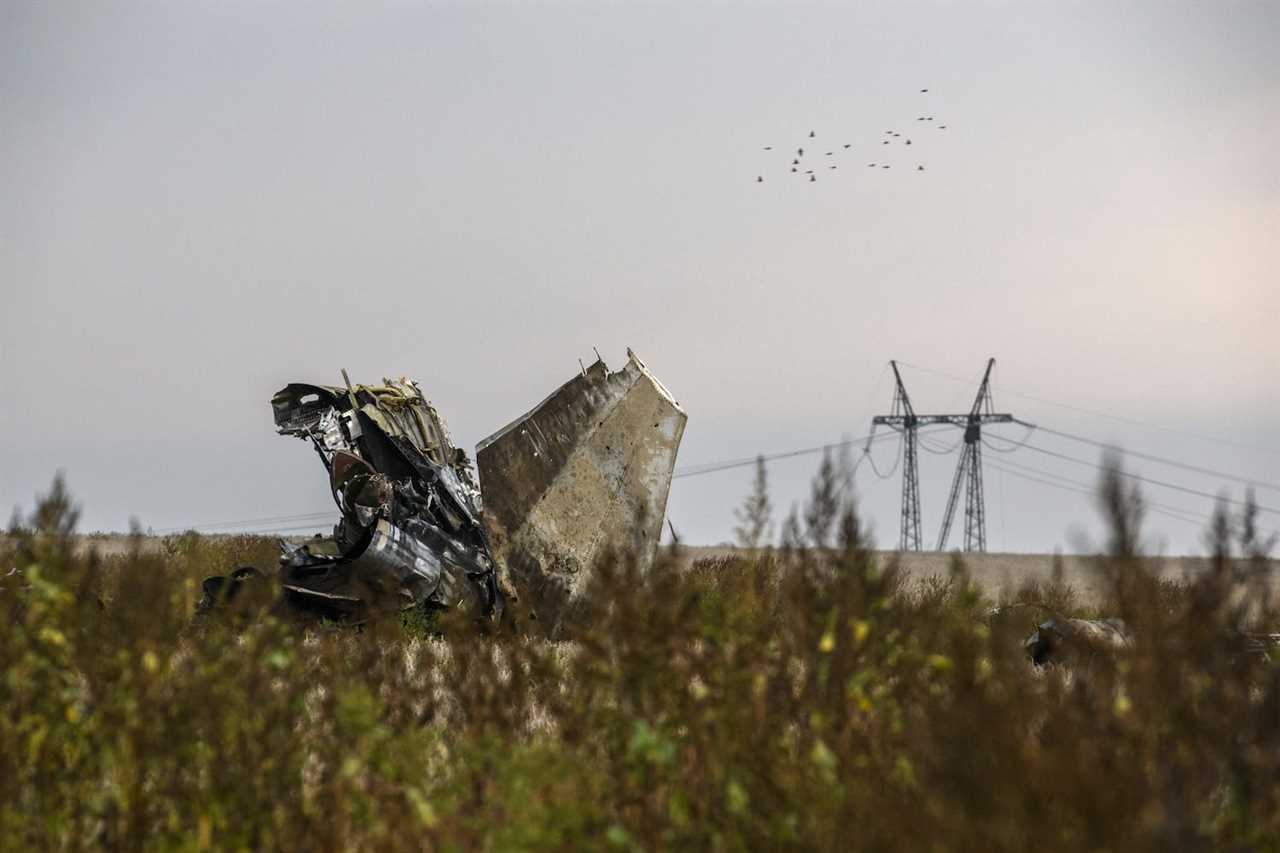
Maxym Marusenko/NurPhoto via Getty Images
Moscow has mobilized hundreds of thousands of reservists and taken older equipment — some of which was outdated even during the Cold War — out of storage. Massicot and others have noted there are millions of Russians who could still be called up for military service, but the loss of experienced troops is seen as particularly damaging to Russian military effectiveness.
"I've been watching them haul them out of Siberia now since the summer of last year. At some point, there's not a lot of functional equipment left," Massicot said. "That is to say, I haven't seen any evidence that there's this great lurking powerful Russian army fist that's sitting somewhere east of the Ural Mountains."
Russia's military has tried to show it still has muscles to flex, mostly with air and naval forces that are largely undamaged by the war.
One of its newest guided-missile frigates sailed through the Atlantic and into the Indian Ocean, where it trained with friendly navies, earlier this year, and Russia's Pacific Fleet carried out a major short-notice exercise in mid-April.
Russia's powerful Northern Fleet has also conducted major exercises this year. Norway said in May that Russian maritime activity in the North Sea "is the highest since before the pandemic."
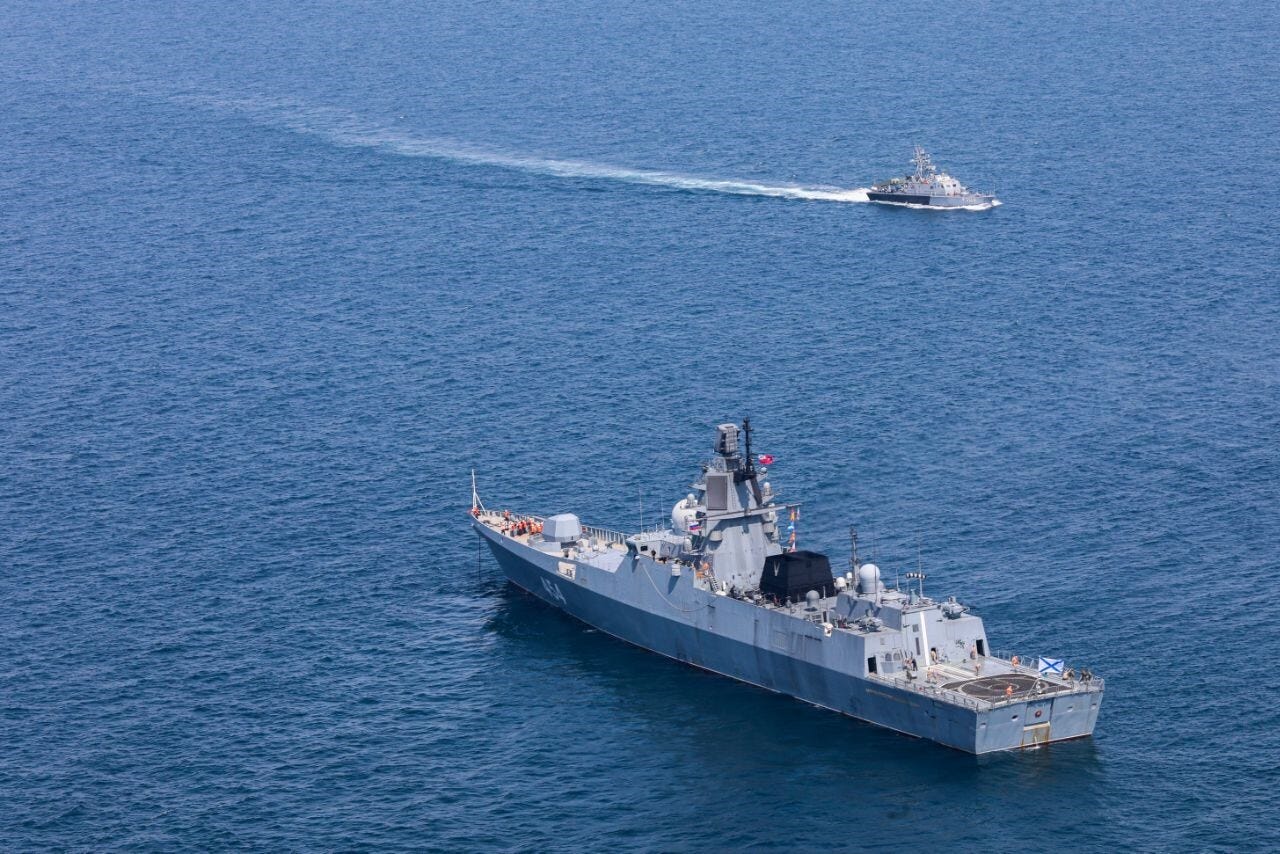
Iranian Army / Handout/Anadolu Agency via Getty Images
But the Russian military's scramble for ground troops to commit to Ukraine has reduced its presence at its foreign outposts. Experienced contract troops stationed in occupied regions of Georgia and in Central Asia have long since been deployed to Ukraine, Massicot said during the April event.
"Russia has really made itself vulnerable globally. It's not really operating abroad in too many areas beyond Syria and Central Asia and the occupied parts of Georgia, but those bases are vulnerable," Massicot added.
Heavy losses among special-operations forces, especially VDV airborne troops, also undercut the Russian military's ability to respond to events like the political unrest in Kazakhstan in January 2022, to which Moscow responded with paratroopers to support President Kassym-Jomart Tokayev, who remains in power.
"If the same thing happened today, I will be very surprised if Russia was able to mobilize the same forces," Mark Galeotti, an expert on Russian military affairs, said in an interview in April.
That deployment was essentially a small peacekeeping force, Galeotti added, "but even so, because it depended on the paratroopers who are doing so much of the heavy lifting in Ukraine, it's really questionable if they could do anything, and everyone knows that."
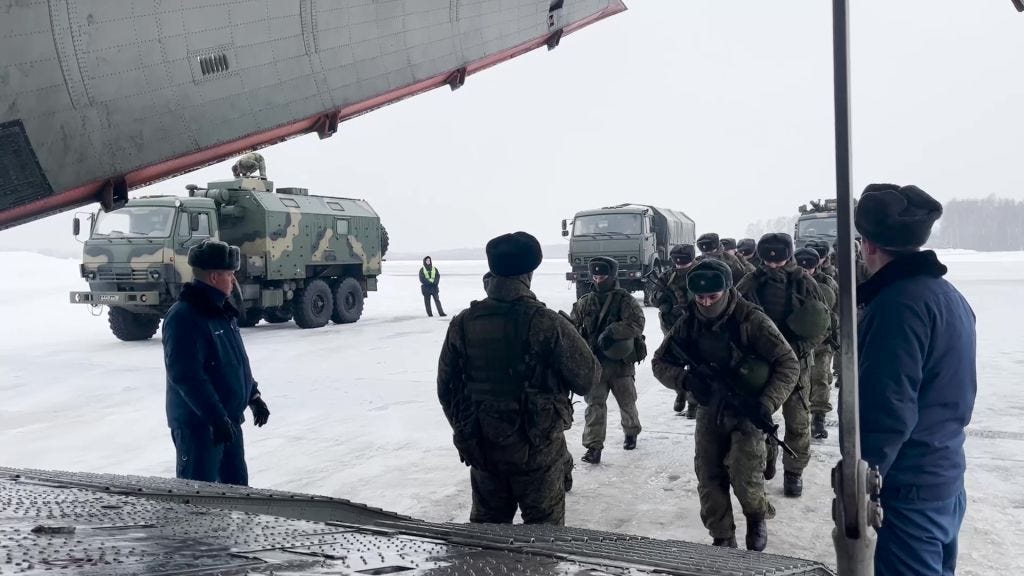
Russian Defense Ministry Press Office / Handout/Anadolu Agency via Getty Images
The doubts extend to other areas of Russia's near abroad where Moscow has used its military to impose its will and support its allies.
"What if there's a crisis in Georgia? Russia doesn't have a lot of combat power down there anymore. What if there's a big issue in Armenia or Tajikistan, what are they going to do?" Massicot said in April. "If something went sideways in one of those locations, they have a real limited ability to deal with it."
Those doubts are reflected in those countries' recent willingness to spurn Russia. Tokayev has been an increasingly vocal critic of Putin "because basically he doesn't fear the Russians anymore," Galeotti told Insider.
"It's not just that I think Russia will be in a much less capable position to defend, but it's really striking how neighbor countries, which for so long had felt they had to tiptoe around Moscow, are clearly no longer afraid," Galeotti said.
The uprising over the weekend, which followed months of vitriol from Prigozhin directed mostly at Russia's military leadership, is seen as the most serious challenge to Putin since he rose to power in the late 1990s, but its ultimate consequences remain uncertain.
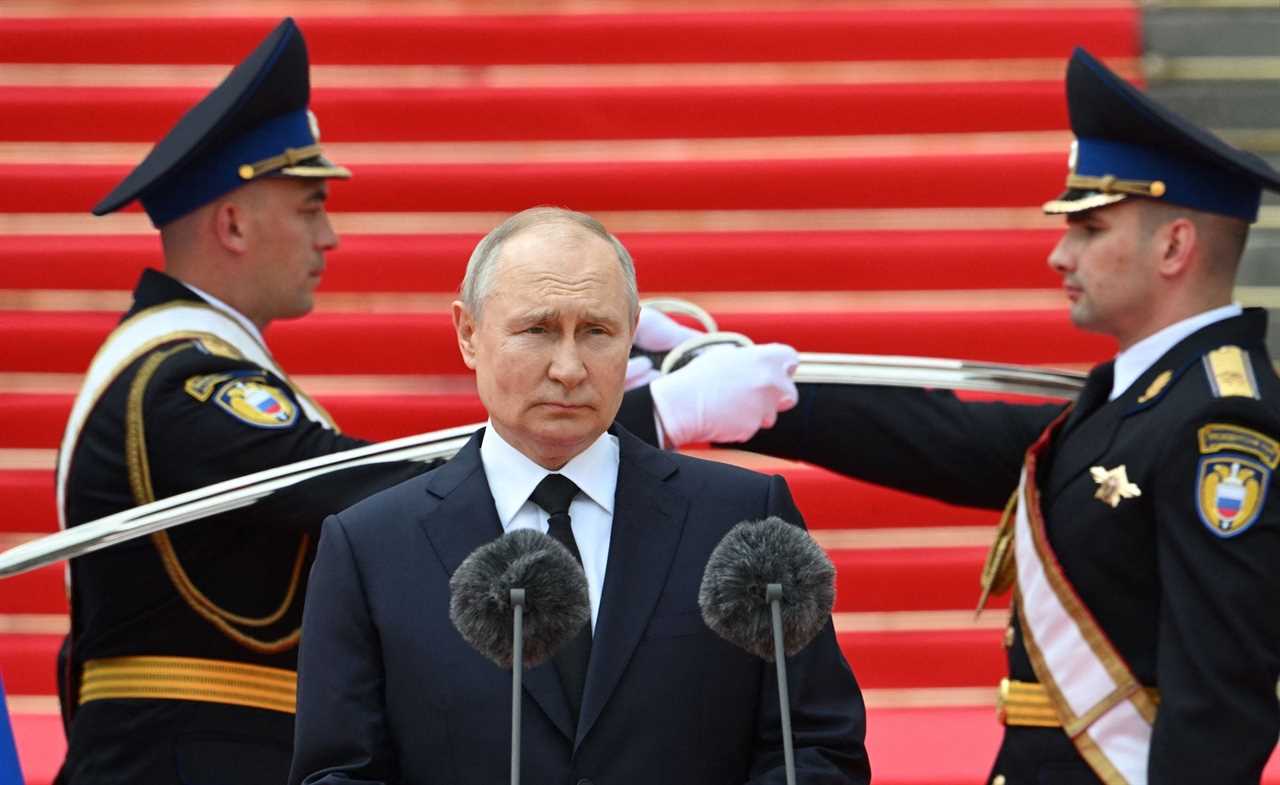
SERGEI GUNEYEV/SPUTNIK/AFP via Getty Images
"People have predicted Putin's end for a long time. As far as we know, he still controls the reins of power," Angela Stent, director of the Center for Eurasian, Russian and East European Studies at Georgetown University, said during an event hosted by the Brookings Institution on Sunday.
Stent said potential challenges to Putin were still something to be concerned about but cautioned that his regime may not collapse "very soon" and that it may not be clear what's happening when it does.
"I, like any person who has been a student of Russia for all of my professional life, know that things are stable in Russia until they aren't, and you could wake up tomorrow and something completely different can happen," Stent said.
When asked on Monday if Putin was in a weaker position, National Security Council spokesman John Kirby said the US was focused on Ukraine and that events in Russia over the weekend were "an internal Russian matter."
"It's important to remember that Mr. Putin still commands a very large and a very capable military, and the bulk of that military is across the border in Ukraine, and that military is defending itself against Ukrainian attacks," Kirby said.
Read More
By: [email protected] (Christopher Woody)
Title: Putin is facing a new threat at home while Russia's military is making itself 'vulnerable globally,' experts say
Sourced From: www.businessinsider.com/wagner-putin-uprising-as-russian-military-tied-down-in-ukraine-2023-6
Published Date: Tue, 27 Jun 2023 21:27:09 +0000
.png)

